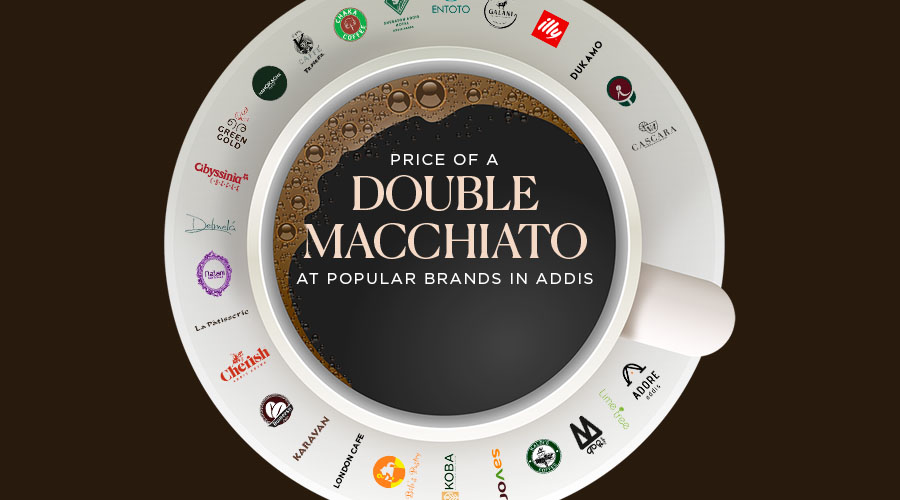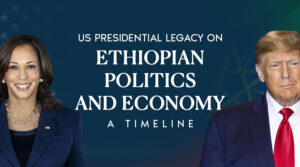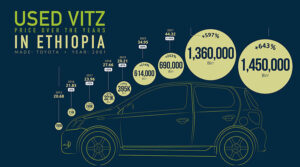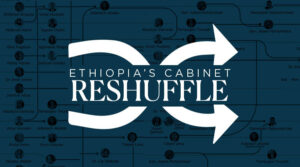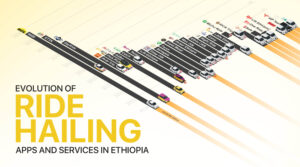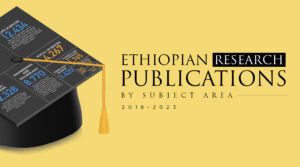What’s in a Cup?
Macchiato comes from the Italian word meaning stained. Caffè macchiato, which literally means ‘stained coffee’, is a shot of espresso that is then stained with one or two teaspoons of steamed milk, still leaving the espresso as the predominant flavor in the hot drink. It remains a popular afternoon drink in Italy, where it originated. But the macchiato has come (and gone) a long way. Even Starbucks has taken this popular drink and has incorporated it into its menu globally. Here in Ethiopia, it’s arguably the most popular order in Addis’ popular cafes. However, the macchiato you are served at your favorite locale is a modification of the original caffè macchiato; it’s its inverse. When you order a macchiato, you are getting the lattè macchiato, which is a serving of foamed milk stained with espresso.
Regardless of its makeup, the macchiato today for the average Addis Ababa’n is so much more than a drink. It’s almost a social construct, the glue that holds otherwise flimsy relationships together, sometimes it feels like it’s about the only thing we can agree on. This is why a macchiato is not just a macchiato… it’s often a social experience.

Macchiato: A Class Marker
It’s this significance it holds in our social fabric that contributes to the sustenance of the food and beverage industry. Over time, this same industry has caught on to an evolving reality: while the median income in Addis Ababa may be relatively low, there is a significant income disparity, with a portion of the population earning considerably more. If it were merely about the drink itself, a humble lattè macchiato could be acquired for as little as ETB 50 or even less. However, as previously noted, the macchiato transcends the realms of affordability and access; it’s part of a larger social dynamics.
Addis Ababa’s burgeoning middle class has contributed to a surge in demand for upscale dining and socializing options. While the median income may not readily support frequent visits to these luxury establishments, a notable segment of the population, including professionals, expatriates, and the illusive upper-middle-class, boasts the disposable income and enthusiasm to embrace premium dining experiences.
These luxurious venues extend their role beyond mere dining establishments. They often serve as social hubs and meeting places. People come not just for the food but also to bask in the ambiance, enjoy social interactions, and seize networking opportunities. In a city where personal relationships and connections hold great value, these venues are vital for both business negotiations and personal rendezvous.
The desire for an aspirational lifestyle extends beyond coffee culture to encompass fine dining. Luxurious cafes and upscale restaurants provide a sense of exclusivity and sophistication that goes beyond food and drinks. Patrons step into a world that allows them to feel like they are part of a more opulent and cosmopolitan society. It’s a chance to break free from the admittedly drudge routine and indulge in the finer things in life, even if only for a moment, and those operating such establishments have truly tapped into that psychology.
To be fair, price-based market segmentation in Ethiopia, not just limited to the conversation of macchiato but as a pricing strategy, can also be problematic. It can exacerbate existing income disparities and limit access. In a country where income inequality is a significant challenge, relying solely on pricing to determine market segments can further marginalize lower-income individuals and households. Although you may think that macchiato is hardly a necessity, the quantity and popularity of luxurious establishments are certainly creating a trend that is likely to spread to other more essential goods and services. This approach may lead to exclusion, where those with limited financial means are denied access to products and services that could improve their quality of life. Additionally, it can hinder social mobility and perpetuate economic inequality by restricting opportunities for upward mobility among disadvantaged segments of the population.
Export or Exploit?
It is a well-known fact that most such luxury establishments also partake in coffee processing/export businesses. It is debatable whether this reality reduces or increases the running cost of the cafes they operate in parallel. The assumption is, these establishments often source premium-quality coffee beans, investing in the selection and cultivation of exceptional varieties. By attaching a higher price (in their respective cafes and in retail), they reflect the value of their meticulously curated coffee, which may be grown in specific regions known for their exceptional beans. It is worthwhile to note here that running a coffee processing or exporting business comes with its own costs and complexities, including logistics, quality control, and certifications (and this is setting aside the very basic question of stability most coffee farms grapple with in Ethiopia). The argument that the premium price tag is meant to cover at least some of these costs just does not hold water. Not only are the expenses gargantuan, but the main goal of processing and exporting is the more secure income from foreign currency. Rather, it can be argued that the premium price tag reinforces the cafe’s brand as a purveyor of top-tier coffee, attracting connoisseurs and coffee enthusiasts who are willing to pay for the unique and superior coffee experience that these establishments claim to provide.
The Price of Exclusivity
Luxurious cafes and dining venues recognize that exclusivity is a prized element of the upscale experience. By delineating price points, they can craft an air of exclusiveness for their patrons. Those who seek a more opulent and sophisticated experience are willing to pay a premium for it. This stratification allows these establishments to maintain an ambiance and level of service that align with the expectations of their discerning clientele.
Ultimately, the strategy of segregating clientele by price tag serves to preserve the nuance of luxury in Addis Ababa’s culinary landscape. It allows each tier to enjoy its distinct offerings while ensuring that luxury retains its special status. In this way, these cafes and dining venues can continue to thrive and adapt to the city’s evolving tastes and preferences, providing a range of experiences that cater to the diverse and dynamic social fabric of Addis Ababa.
In sum, just as the macchiato is more than a simple coffee, the thriving market for luxurious cafes and upscale dining establishments in Addis Ababa expands beyond the boundaries of dining. They seamlessly integrate with the city’s evolving culinary and social landscape. These establishments, like the macchiato, tap into the desire for an elevated experience, cater to diverse income levels, and offer a taste of exclusivity and sophistication. In this vibrant and dynamic city, they find their place as more than just dining spots but as cultural experiences to be savored and shared (and, perhaps, critiqued).

